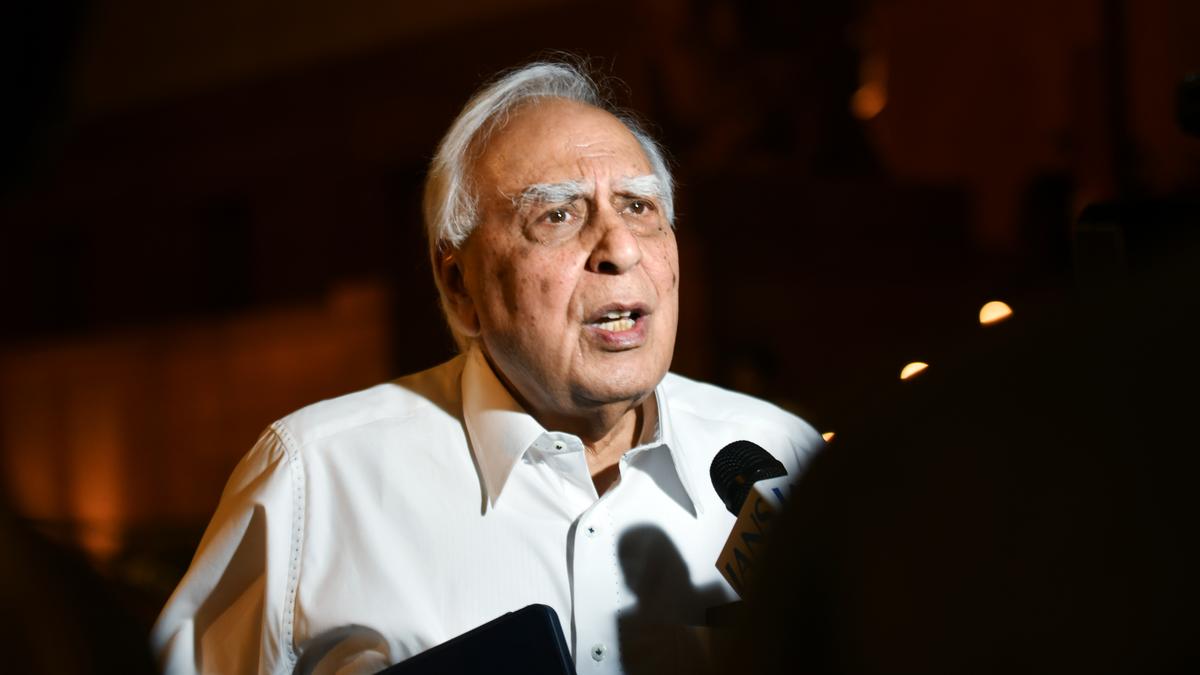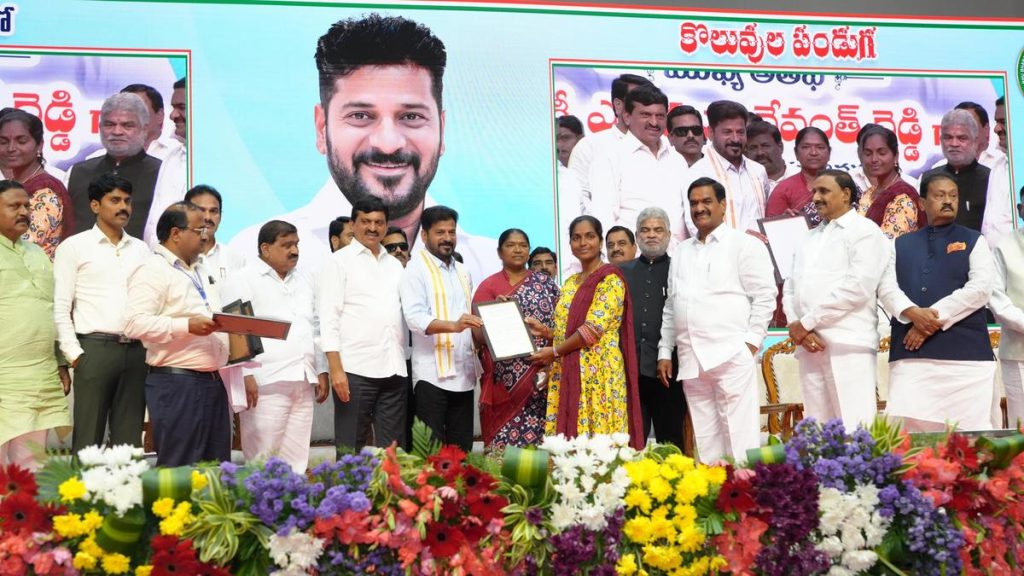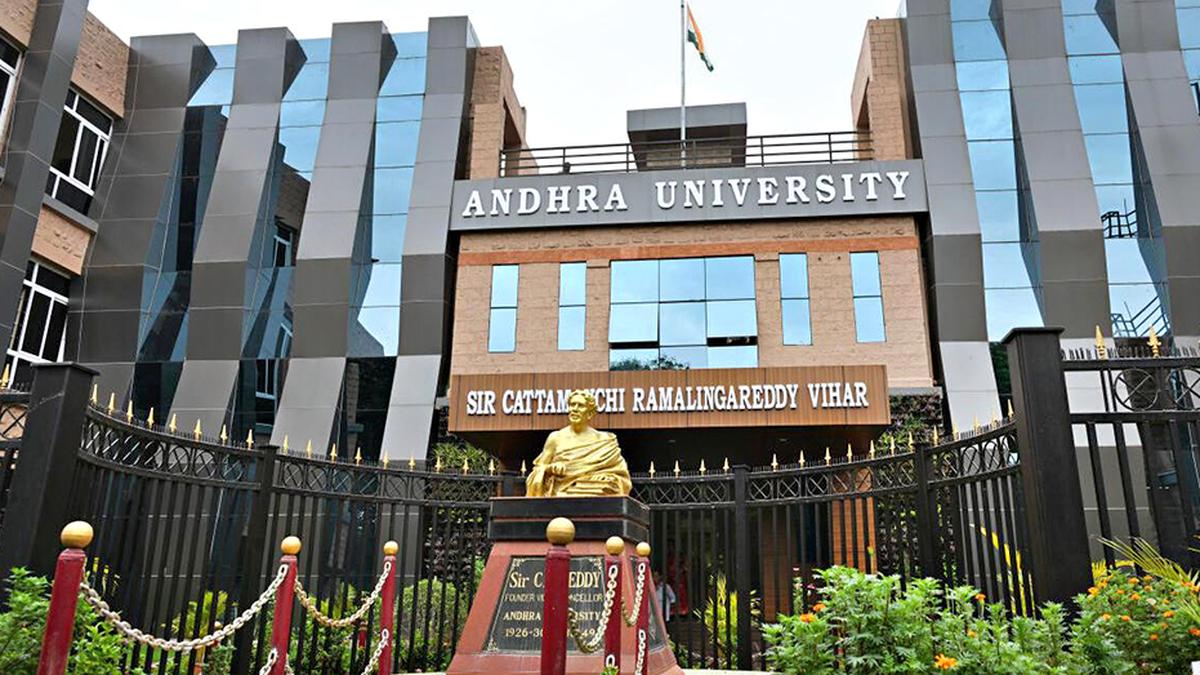Now Reading: Sibal to Move SC After HC Rejects Umar Khalid’s Bail Plea
-
01
Sibal to Move SC After HC Rejects Umar Khalid’s Bail Plea
Sibal to Move SC After HC Rejects Umar Khalid’s Bail Plea

Speedy summary
- The Delhi High Court denied bail to Umar Khalid and eight co-accused in the 2020 Delhi riots “larger conspiracy” case, citing that conspiratorial violence under the guise of protests cannot be allowed.
- Senior advocate Kapil Sibal strongly criticized the judiciary for delays in verdicts, claiming it violated Article 21 of the Constitution that guarantees personal liberty.
- Umar Khalid has been in custody for nearly five years. Various appeals for his bail have been rejected, including cases in 2022 and 2024. His defense argues no direct evidence exists against him regarding charges under UAPA related to a speech he delivered in Mumbai.
- The High court emphasized that peaceful protests are protected under Article 19(1)(a) but must adhere to reasonable restrictions and avoid compromising law and order.
- Kapil Sibal stated he would move an appeal to the supreme Court against what he called an injustice while questioning broader implications for democracy and judicial processes.
Indian Opinion Analysis
This case highlights a critical intersection between constitutional freedoms and national security concerns. While the court stressed maintaining public order as a key factor in denying bail, procedural delays raise questions about striking a balance between individual rights under Article 21 and collective safety. Sibal’s remarks bring attention to broader systemic issues like judicial backlog and societal indifference toward political accountability.
The judgment reiterates that rights such as freedom of speech are not absolute but subject to regulations designed to uphold peace-a principle essential for India’s democratic framework. However, ensuring timely trials is equally crucial; prolonged incarceration without resolution risks undermining faith in both legal institutions and democracy itself.
Read more: Delhi High Court rejects Bail Pleas























